Acesse a sua conta getAbstract para obter o resumo!

Acesse a sua conta getAbstract para obter o resumo!
Christopher Mason and Igor Tulchinsky
The Age of Prediction
Algorithms, AI, and the Shifting Shadows of Risk
MIT Press, 2023
Sobre o que é?
The emergence of big data and increasingly accurate machine learning prediction models are disrupting industries and life as you know it, write Igor Tulchinsky and Christopher Mason – learn about what to expect in the “Age of Prediction.”
Recommendation
Humanity is on the cusp of a new age, write Igor Tulchinsky and Christopher Mason – “The Age of Prediction.” AI algorithms and the exponential explosion of big data are giving scientists across myriad industries the means to harness the power of increasingly accurate predictions, reducing uncertainty and many of the associated risks. However, new risks are emerging, such as the existential threat of autonomous AI-enabled weapons systems and threats to democracy. Drawing on their backgrounds in quantitative predictions in finance and genomics, Tulchinsky and Mason share both disquieting and hopeful insights on how machine learning and predictive algorithms could radically transform humanity’s future.
Summary
About the Authors
Igor Tulchinsky is the founder, CEO and chairman of a global quantitative asset management firm, WorldQuant, as well as an investor, venture capitalist, philanthropist, entrepreneur and author. Christopher E. Mason is a genomics, physiology and biophysics professor at Weill Cornell Medicine, and founding director of the WorldQuant Initiative for Quantitative Prediction.










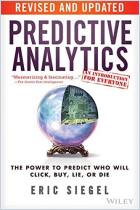


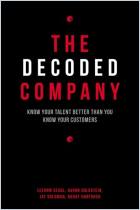

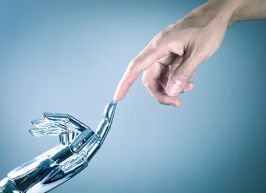



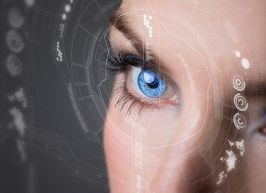
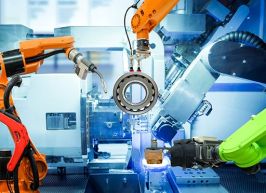
Comment on this summary